Jack Welch: Americans have got to “work like dogs”
Jack Welch saw earlier than most that Asian competitors were coming for corporate America’s lunch. He revolutionised business management in response, and came to define an era.
Get the latest financial news, insights and expert analysis from our award-winning MoneyWeek team, to help you understand what really matters when it comes to your finances.
You are now subscribed
Your newsletter sign-up was successful
Want to add more newsletters?

Twice daily
MoneyWeek
Get the latest financial news, insights and expert analysis from our award-winning MoneyWeek team, to help you understand what really matters when it comes to your finances.

Four times a week
Look After My Bills
Sign up to our free money-saving newsletter, filled with the latest news and expert advice to help you find the best tips and deals for managing your bills. Start saving today!
If anyone embodied the “cult of the CEO” over the past century, it was Jack Welch, the head of General Electric from 1981 to 2001, “who took the company founded by Thomas Edison a century before and brutally transformed it into the biggest US company by market value”, says the Financial Times. In his pomp, Welch, who has died aged 84, was hailed as a business superstar.
He was nicknamed “Neutron Jack” – originally coined by Newsweek for his prowess at slashing jobs, says The Guardian. In his first ten years at the helm, Welch cut GE’s workforce by 170,000 – setting the trend for the “downsizing” that swept the business world on both sides of the Atlantic in the 1980s and 90s. Welch insisted the “pruning” was necessary. It was certainly good for shareholders. On Welch’s watch, total returns, including reinvested dividends, were roughly 4,800%, says Breakingviews. Revenues went from $26.8bn in 1980 to $130bn the year before he left.
Pugnacious from the start
Born in 1935, in Peabody, Massachusetts, Welch’s chief influence was his mother Grace, whom he credits with instilling the confidence that “there was no limit to his potential”, says the FT. Welch later wrote that many of his basic management beliefs could be traced back to her: notably, competing hard, facing reality and “motivating people by alternately hugging and kicking them”.
MoneyWeek
Subscribe to MoneyWeek today and get your first six magazine issues absolutely FREE

Sign up to Money Morning
Don't miss the latest investment and personal finances news, market analysis, plus money-saving tips with our free twice-daily newsletter
Don't miss the latest investment and personal finances news, market analysis, plus money-saving tips with our free twice-daily newsletter
Welch took a degree in engineering from the University of Massachusetts and joined GE’s plastics division aged 25. He rose quickly through the ranks – becoming GE’s youngest vice-president in 1972. Welch knew General Electric inside out, says The Guardian. And when he took the top job in 1981, he “set about transforming the sprawling, sleepy bureaucracy”. He had two guiding principles – pursue a small number of objectives with single-minded passion and build a high-quality management team.
Welch was scathing about many of his European competitors. By contrast, “he had the utmost respect for Asian competitors” – and was impressed by the idea that the US’s high standard of living was at risk from emerging nations, says the FT. “Who says we deserve what we’ve got?” he would say. “These people are after our lives. We’ve got to work like dogs.” Yet his departure as CEO in 2001 “marked the high point of his – and arguably GE’s – reputation”. The conglomerate’s sprawling lending operations, which had once driven growth, “became a crippling liability” during the financial crisis. GE tapped emergency state funds to stay afloat.
The end of the cult
The chief lesson of Welch’s career, says Breakingviews, is that “defining an era isn’t always a good thing”. The flamboyant GE boss “helped forge the twin cults of the American CEO and shareholder value”. Both have come back to bite. “Partly thanks to Welch, CEOs are paid as if they can foresee everything without help. Perhaps shareholders are learning that sustained performance takes more nuance – and a village.”
After the financial crisis, Welch came to repudiate “the approach to capitalism with which he had become indelibly associated”, says the FT. “On the face of it, shareholder value is the dumbest idea in the world…[it should be] a result, not a strategy. Your main constituencies are your employees, your customers and your products.”
Get the latest financial news, insights and expert analysis from our award-winning MoneyWeek team, to help you understand what really matters when it comes to your finances.
Jane writes profiles for MoneyWeek and is city editor of The Week. A former British Society of Magazine Editors (BSME) editor of the year, she cut her teeth in journalism editing The Daily Telegraph’s Letters page and writing gossip for the London Evening Standard – while contributing to a kaleidoscopic range of business magazines including Personnel Today, Edge, Microscope, Computing, PC Business World, and Business & Finance.
-
 How a ‘great view’ from your home can boost its value by 35%
How a ‘great view’ from your home can boost its value by 35%A house that comes with a picturesque backdrop could add tens of thousands of pounds to its asking price – but how does each region compare?
-
 What is a care fees annuity and how much does it cost?
What is a care fees annuity and how much does it cost?How we will be cared for in our later years – and how much we are willing to pay for it – are conversations best had as early as possible. One option to cover the cost is a care fees annuity. We look at the pros and cons.
-
 VICE bankruptcy: how did it happen?
VICE bankruptcy: how did it happen?Was the VICE bankruptcy inevitable? We look into how the once multibillion-dollar came crashing down.
-
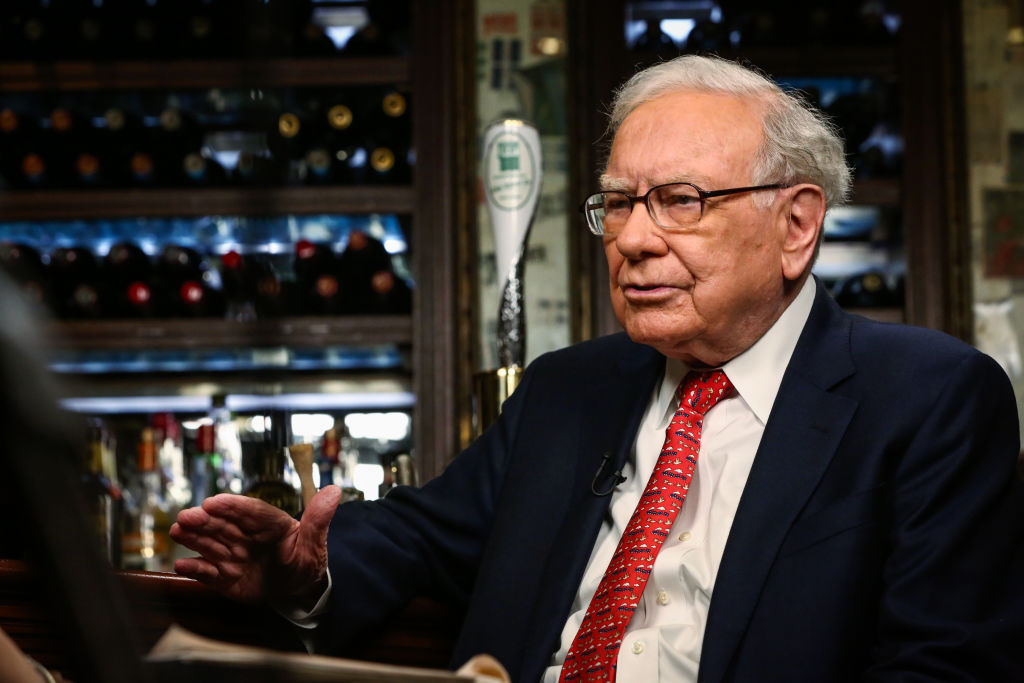 What is Warren Buffett’s net worth?
What is Warren Buffett’s net worth?Warren Buffett, sometimes referred to as the “Oracle of Omaha”, is considered one of the most successful investors of all time. How did he make his billions?
-
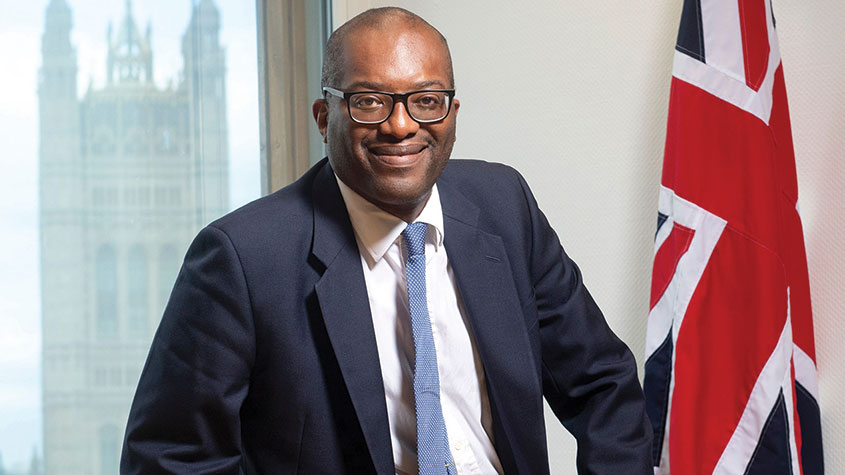 Kwasi Kwarteng: the leading light of the Tory right
Kwasi Kwarteng: the leading light of the Tory rightProfiles Kwasi Kwarteng, who studied 17th-century currency policy for his doctoral thesis, has always had a keen interest in economic crises. Now he is in one of his own making
-
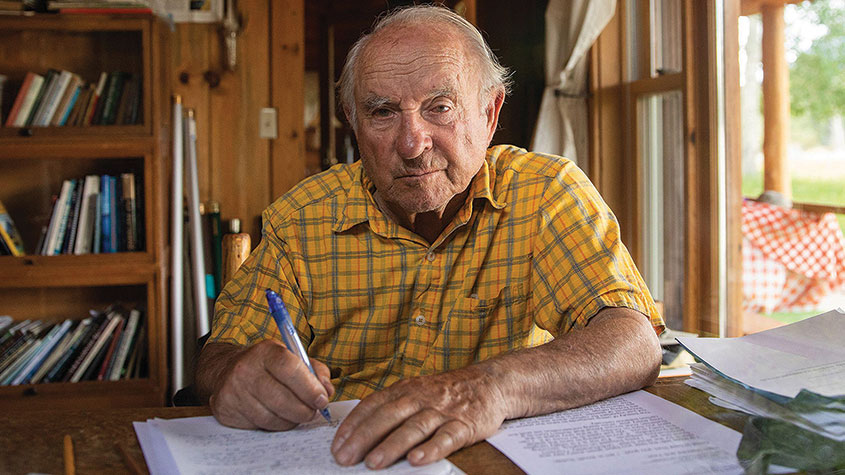 Yvon Chouinard: The billionaire “dirtbag” who's giving it all away
Yvon Chouinard: The billionaire “dirtbag” who's giving it all awayProfiles Outdoor-equipment retailer Yvon Chouinard is the latest in a line of rich benefactors to shun personal aggrandisement in favour of worthy causes.
-
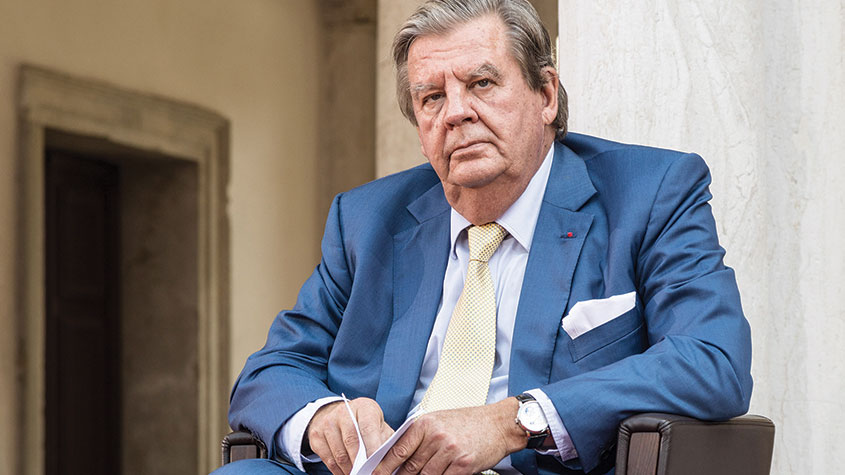 Johann Rupert: the Warren Buffett of luxury goods
Johann Rupert: the Warren Buffett of luxury goodsProfiles Johann Rupert, the presiding boss of Swiss luxury group Richemont, has seen off a challenge to his authority by a hedge fund. But his trials are not over yet.
-
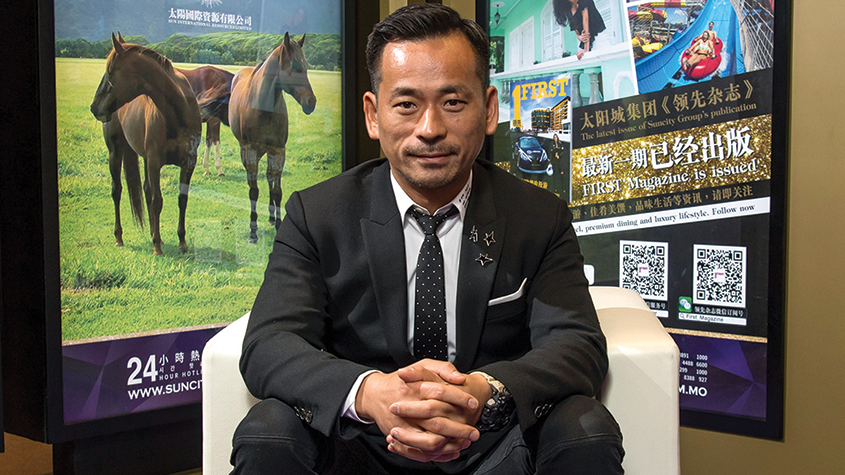 Profile: the fall of Alvin Chau, Macau’s junket king
Profile: the fall of Alvin Chau, Macau’s junket kingProfiles Alvin Chau made a fortune catering for Chinese gamblers as the authorities turned a blind eye. Now he’s on trial for illegal cross-border gambling, fraud and money laundering.
-
 Ryan Cohen: the “meme king” who sparked a frenzy
Ryan Cohen: the “meme king” who sparked a frenzyProfiles Ryan Cohen was credited with saving a clapped-out videogames retailer with little more than a knack for whipping up a social-media storm. But his latest intervention has backfired.
-
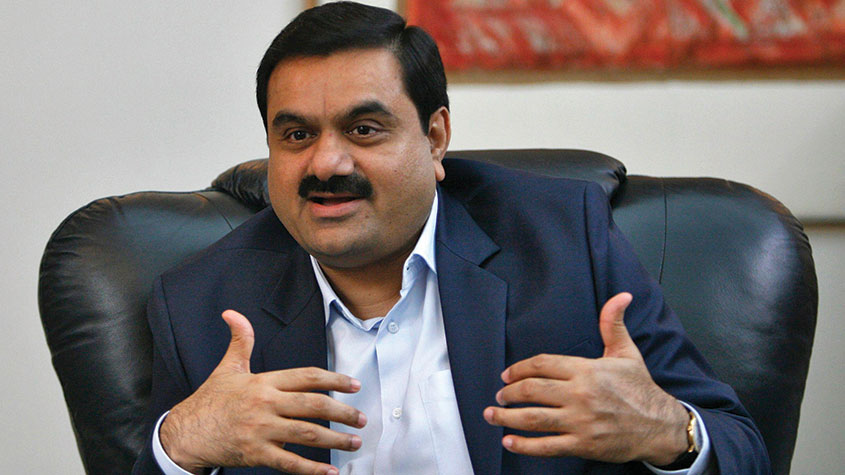 The rise of Gautam Adani, Asia’s richest man
The rise of Gautam Adani, Asia’s richest manProfiles India’s Gautam Adani started working life as an exporter and hit the big time when he moved into infrastructure. Political connections have been useful – but are a double-edged sword.